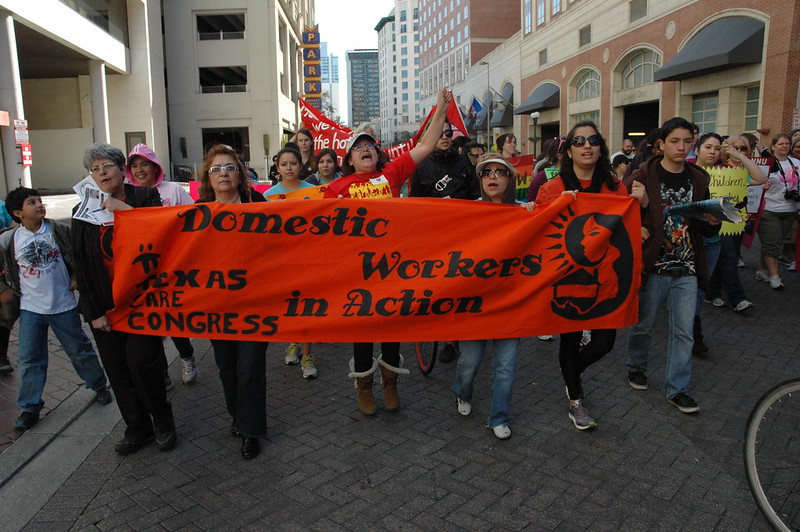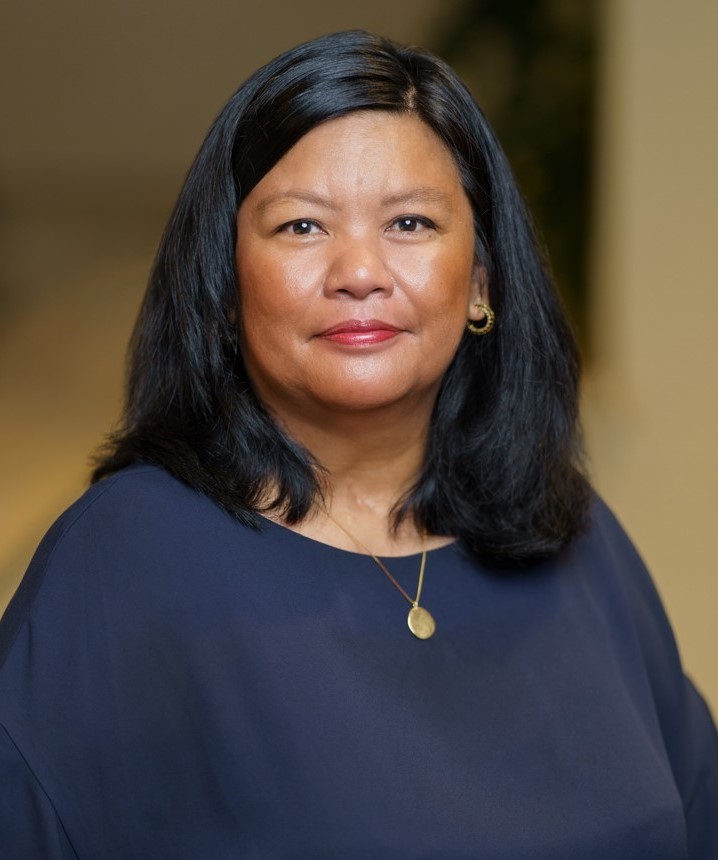GCIR’s recent webinar "Building Worker Power for Migrant Women" did something important beyond providing valuable content and timely insights: it gave us hope. The program,” showcased the miracle-making work being done in Arkansas, California, New Jersey, and New York to safeguard the rights of migrant women workers in the agriculture and poultry industries, and in the domestic work sector. In last month’s webinar, which was moderated by Carmen Randolph at Women’s Foundation of the South, we heard from local organizers at the California Rural Legal Assistance, Inc.’s (CRLA) LGBTQ+ Program; Damayan, a group that serves and empowers low-wage Filipino workers living and working in New York City and New Jersey; and Venceremos, a worker-based organization in Arkansas whose mission is to ensure the human rights of poultry workers.
GCIR News
Primary tabs
The U.S. has a long history of exploitative labor practices that target the most vulnerable in our society — including children. And now we’re seeing a troubling new trend. Over the last two years alone, more than a dozen states have either introduced or enacted policies to undo child labor protections. The latest example comes out of Florida, where a pair of newly-enacted laws go beyond loosening labor protections for teenagers — they also perpetuate systems designed to exploit vulnerable populations for cheap labor, driven by greed and racial capitalism.
In her President's Message, Marissa Tirona underscores the connections between gender justice and investing in the economic power of migrant women workers.
In this edition of Amplify, GCIR President Marissa Tirona speaks with Mily Treviño-Sauceda, Executive Director of Alianza Nacional de Campesinas. Read on as Mily shares how the work of farmworker women intersects with fights for migrant, gender, worker, and climate justice, and how philanthropy can support the leadership of women farmworkers. A note to readers: This interview mentions sensitive topics that may be triggering, including sexual harassment and other violence against women. Please take care while reading this article.
In this edition, GCIR President Marissa Tirona speaks with Magaly Urdiales, Co-executive Director of the Western North Carolina Workers' Center. Read on as Magaly shares her insights on organizing workers in her region, the innovative strategies they use to identify campaign issues and effect the changes workers want to see, and the important role philanthropy can play in building immigrant worker power and leadership in rural areas.



